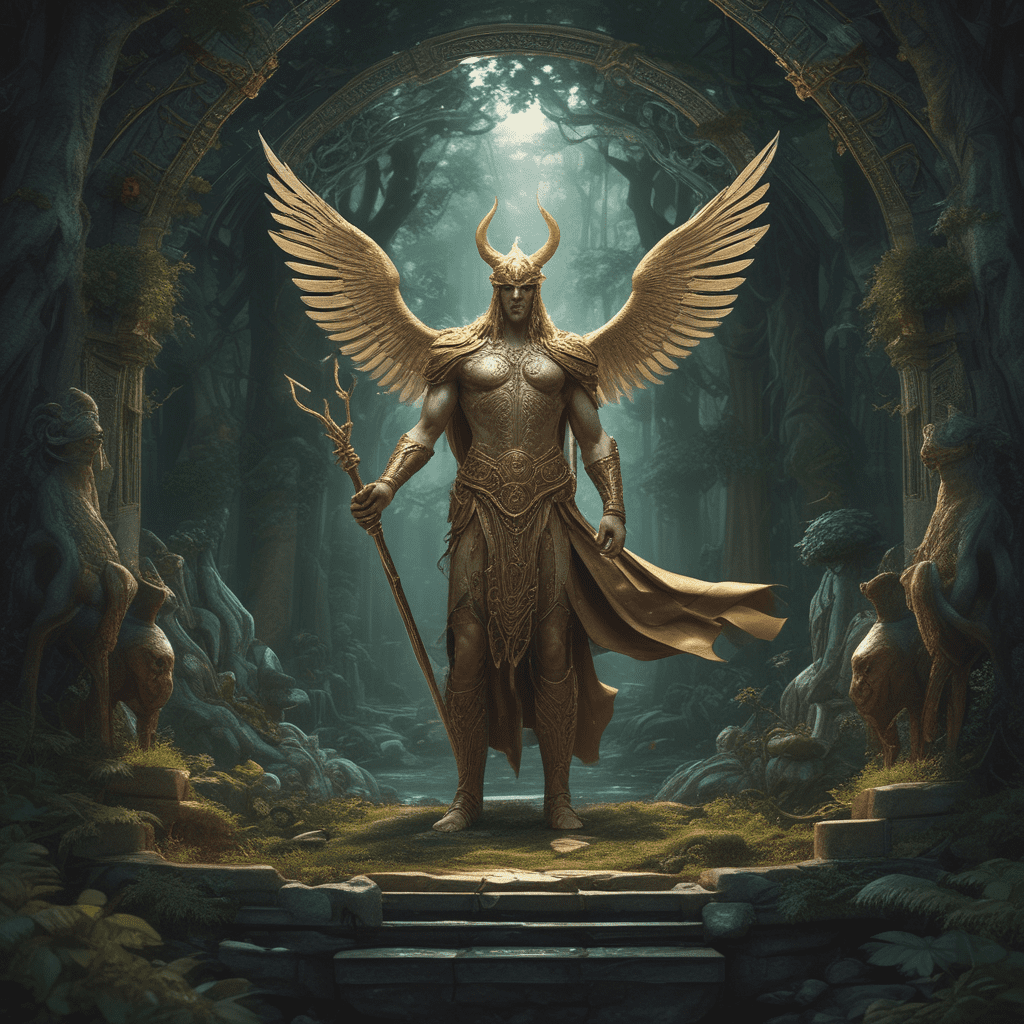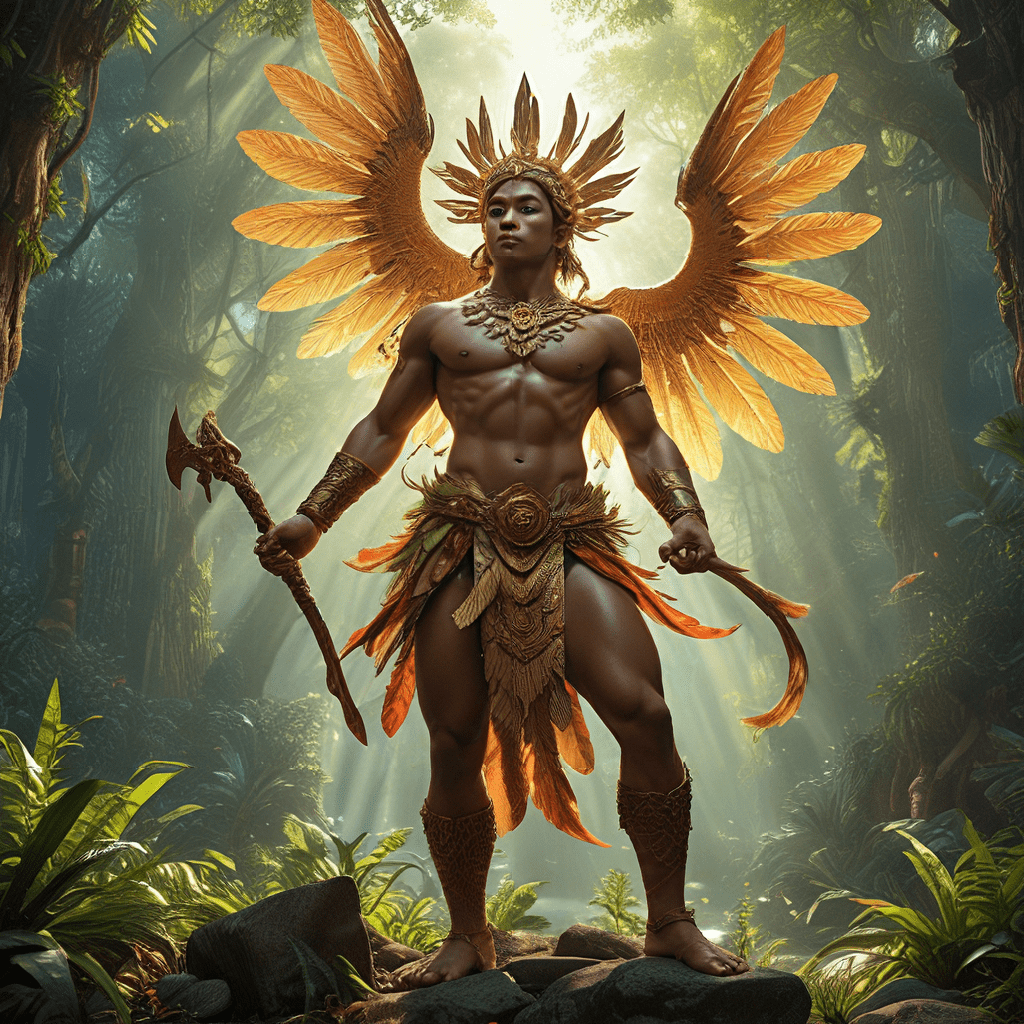Exploring the Concept of Leadership in Celtic Mythology
The Role of Leaders in Celtic Mythology
In Celtic mythology, leadership plays a vital role in the structure of the mythical world. Leaders, often kings or queens, are revered figures who possess qualities of bravery, wisdom, and integrity. They are responsible for the prosperity and protection of their tribes or kingdoms, making decisions that impact not only their people but also the supernatural beings in their myths.
Key Figures in Celtic Mythological Leadership
One of the most prominent figures in Celtic mythology is Nuada, the king of the Tuatha Dé Danann. Nuada was known for his exceptional leadership skills and his role as a wise ruler. He exemplified the qualities of a true leader, including courage in battle and compassion towards his subjects.
Another notable leader in Celtic mythology is Queen Medb of Connacht. Medb was a formidable queen known for her fierce determination and strategic prowess. Her leadership style was marked by her ability to rally her people during times of conflict and her unwavering dedication to protecting her kingdom.
Qualities of a Celtic Mythological Leader
Leaders in Celtic mythology are often depicted as embodying a combination of physical strength, mental acuity, and spiritual wisdom. They must navigate through complex challenges, both earthly and supernatural, with grace and fortitude. Courage, honor, and a deep connection to the land are also important traits that define a successful leader in Celtic myth.
Legacy and Influence of Celtic Mythological Leadership Today
The concept of leadership in Celtic mythology continues to inspire individuals today. The stories of heroic kings and queens serve as timeless lessons in governance, ethics, and the responsibilities of leadership. By studying these myths, we can learn valuable insights into what it means to lead with courage, integrity, and a deep sense of connection to our communities and the world around us.
FAQ: Exploring the Concept of Leadership in Celtic Mythology
What is the significance of leadership in Celtic mythology?
Leadership in Celtic mythology is often depicted through heroic figures like kings, queens, warriors, and druids. The concept of kingship is closely tied to divine right and the ability to maintain harmony between the mortal and spiritual realms.
Who are some prominent leaders in Celtic mythology?
Prominent leaders in Celtic mythology include figures like King Arthur, Queen Medb of Connacht, Lugh the Sun God, and the Dagda. These leaders exemplify qualities of bravery, wisdom, and often possess magical abilities.
How does Celtic mythology portray the role of leaders in society?
In Celtic mythology, leaders are often seen as protectors, wise advisors, and mediators between the human and supernatural worlds. They are expected to uphold justice, lead in times of war, and ensure the well-being of their people.
What can we learn about leadership from Celtic mythology?
Celtic mythology teaches us about the importance of honor, courage, wisdom, and selflessness in leadership. Leaders are often tested through quests and challenges, highlighting the need for resilience and a deep connection to the land and its spiritual forces.



